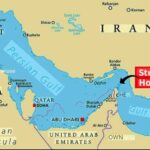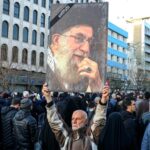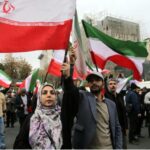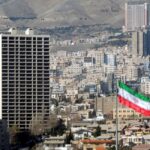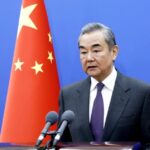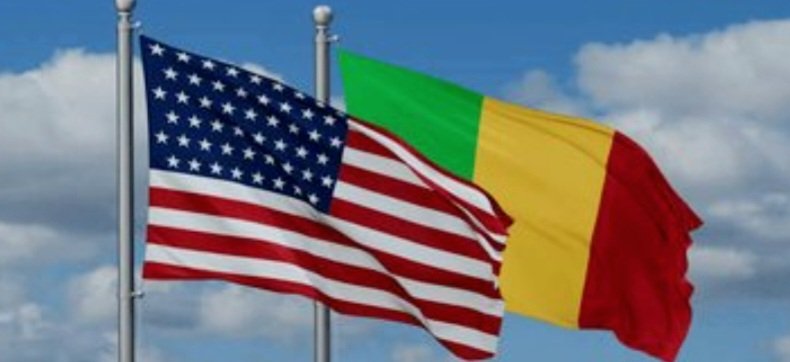US Urges it’s Citizens to leave Mali
The US Embassy in Mali has urged American citizens to leave the West African country amid fuel supply disruptions, the closure of government institutions and ongoing fighting between government forces and terrorist groups, the Embassy said in a statement.
“Persistent infrastructure challenges in Mali including continued disruptions of gasoline and diesel supplies, the closure of public institutions <…> and ongoing armed conflict between Malian government and terrorist elements around Bamako increase the unpredictability of Bamako’s security situation. <…> U.S. citizens should depart using commercial aviation, as overland routes to neighboring countries may not be safe for travel due to terrorist attacks along national highways,” the release states.
The US Embassy noted that it “is unable to provide emergency services or support to U.S. citizens outside the capital.”
“U.S citizens who choose not to depart Mali should prepare contingency plans for any emergency situations that may arise, including a need to shelter in place for an extended period,” the statement adds.
On 3 September the terrorist group Jama’a Nusrat al-Islam wal-Muslimin (JNIM) declared a “blockade” in the regions of Kayes and Nioro, bordering Senegal and Mauritania, to prevent the import of fuel. On 14 September militants attacked a convoy, setting 40 fuel tankers ablaze.
On 16 September Mali’s Prime Minister Abdoulaye Maïga held a meeting with representatives of the oil sector to discuss strengthening security along transport routes. He stressed that ensuring the population’s fuel supply remains a priority for the transitional authorities. On 17 September the military escorted a convoy of 30 fuel trucks from Senegal to Bamako. In early October, a convoy of 300 tankers accompanied by soldiers arrived in the Malian capital.
On 26 October the Armed Forces of Mali (FAMa) prevented a terrorist attack on a fuel convoy in the Bougouni region in the south of the country. Due to fuel shortages caused by militant attacks, the Ministry of Education announced on 27 October the temporary suspension of schools and universities.
For more than a decade, branches of the Islamic State* and al-Qaeda* have been operating in the region, destabilising the situation in Mali and neighbouring Burkina Faso and Niger. Militants entrenched themselves in northern Mali following the Tuareg separatist uprising in 2012. Since then, Islamist fighters have spread to other Sahel countries.




